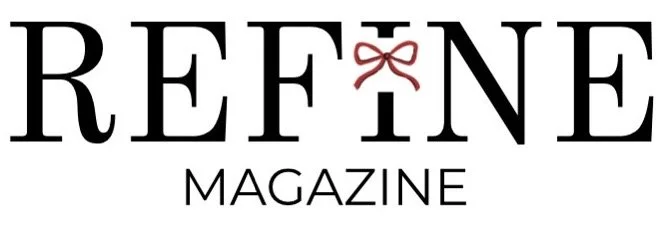Changing the Way South Asian Culture Defines "Beautiful"
By Ria Bhagwat, REFINE Contributor
For the longest time, I was afraid of being fat. I would be sneaky about the unhealthy things I ate in fear that, if someone saw me, I’d be persecuted for contributing to my already overweightness. I’d stand in front of fitting room mirrors holding the fat on my stomach, imagining a fantasy world where it didn’t exist anymore – where I was “beautiful”.
In South-Asian communities, body weight is heavily regarded as a measurement of beauty. Across the globe, thinness is believed to be more beautiful, yet in South-Asian communities, these values are communicated directly to those whom don’t fit these seemingly unattainable standards.
It wasn’t until I grew into my late teens that I realized my body-related insecurities weren’t constructed by middle school bullies or media-projected messages; this was the product of a culture that fears fatness. From the time our children can understand full sentences, we tell them to be careful about the sweets they put in their body, to notice the stretch marks on their skin, to think twice about the shirts we put on because they might expose our hanging stomachs too much.
Even after growing into myself and being wary of the messages I’m exposed to in my Indian culture, I’m still struggling with a fear of fatness.
“If I wear a shirt too transparent, will my friends think differently of me when they see my stomach? When I visit home, what if my relatives point out the weight I’ve gained since returning to college? Will they be disappointed that I’ve gained pounds that once didn’t belong to my body? ”
We train our children to stay away from fatness because we’re worried they will no longer belong to a community of those considered beautiful. But why is this our standard? Why does “fat” have a negative connotation when it could be included in the same family as funny, smart, witty, and kind? Aren’t we inherently responsible for giving words meaning? Aren’t we the generation to change the meanings for words created by a discriminatory institution?
All I know, for certain, is this: The more we honor our fatness, value our stretch marks, welcome phrases like “you’ve gained weight” and reply to them with a firm “I know,” the more we’re combatting a system that’s always shamed us. It’s in our hands, as future writers, artmakers, world leaders, etc. to recognize the beauty of our bodies and the skin around it – it is doing its very best to protect us, so let’s protect it in return.


